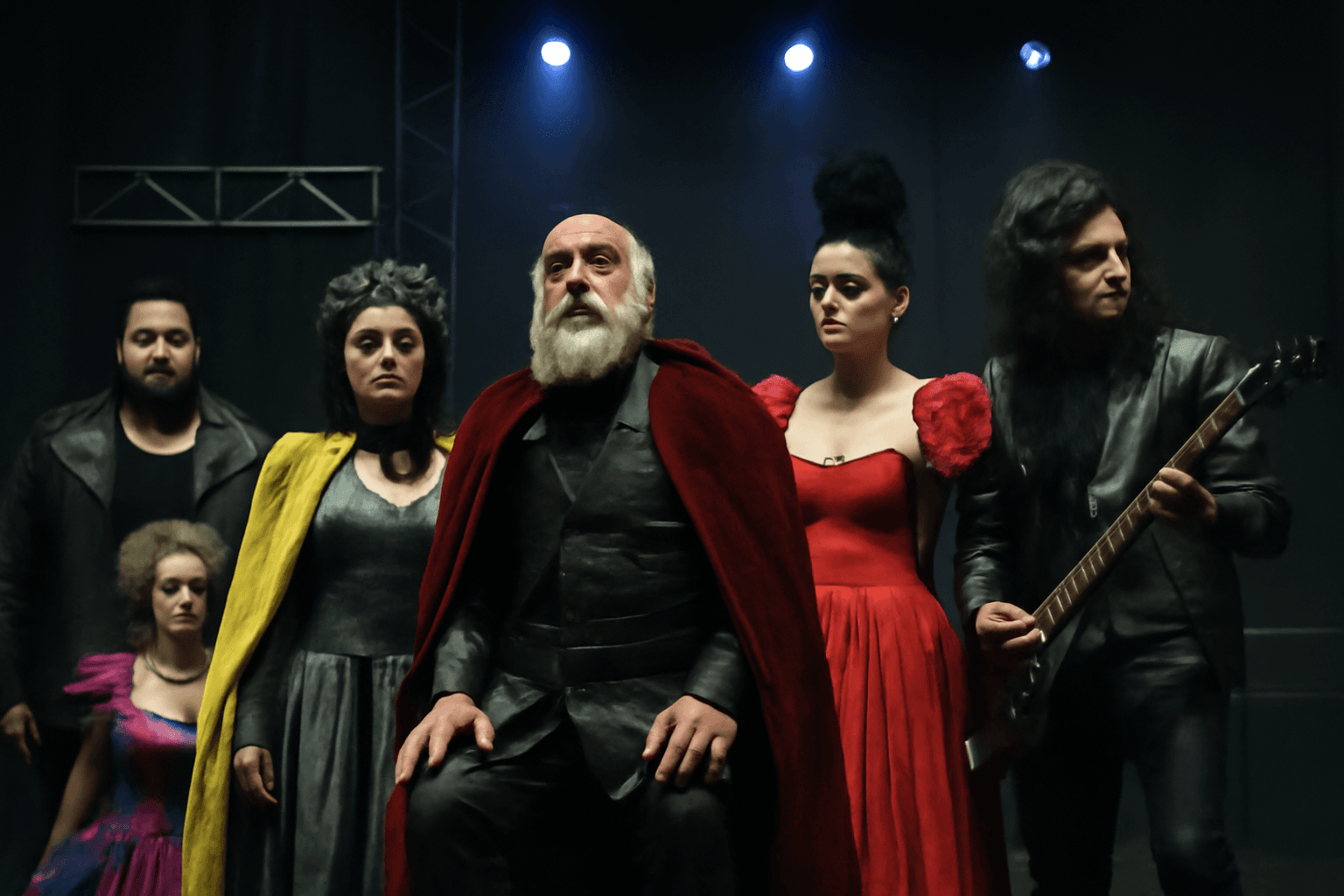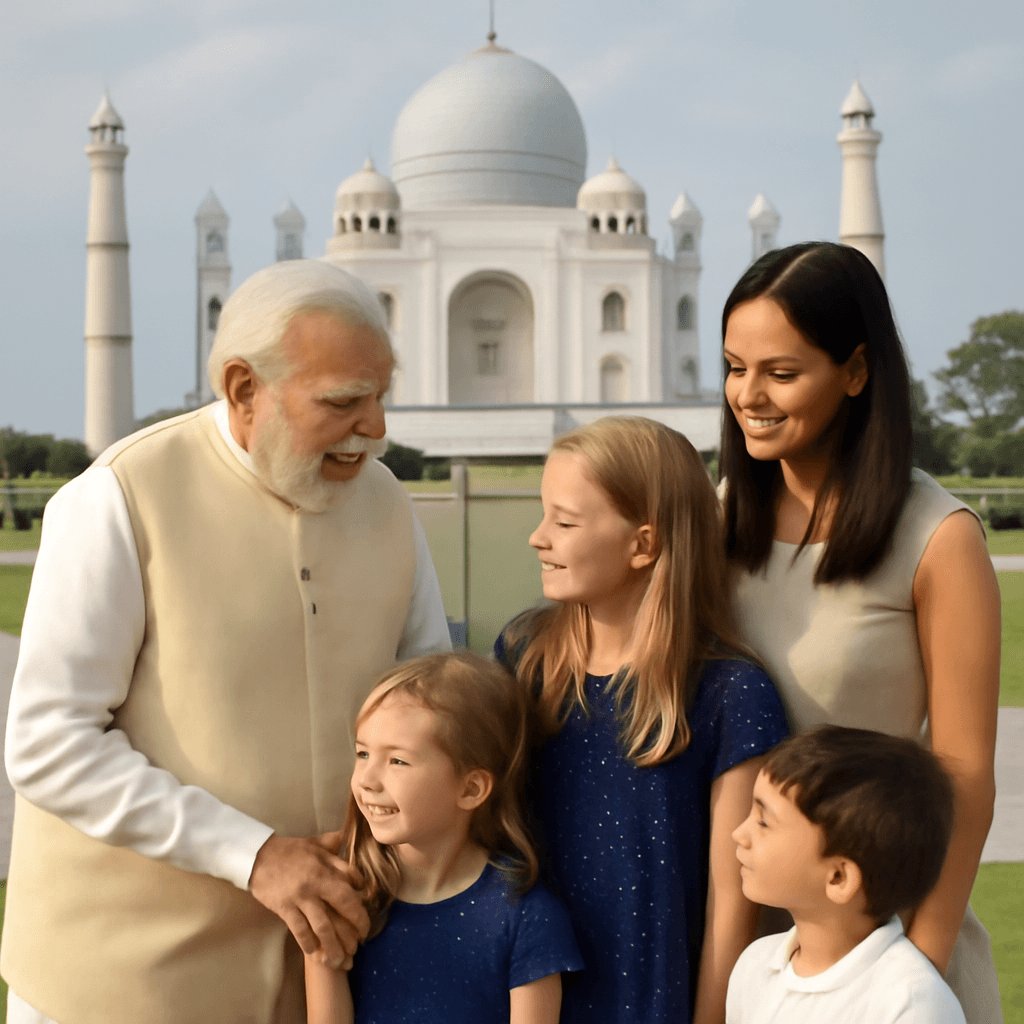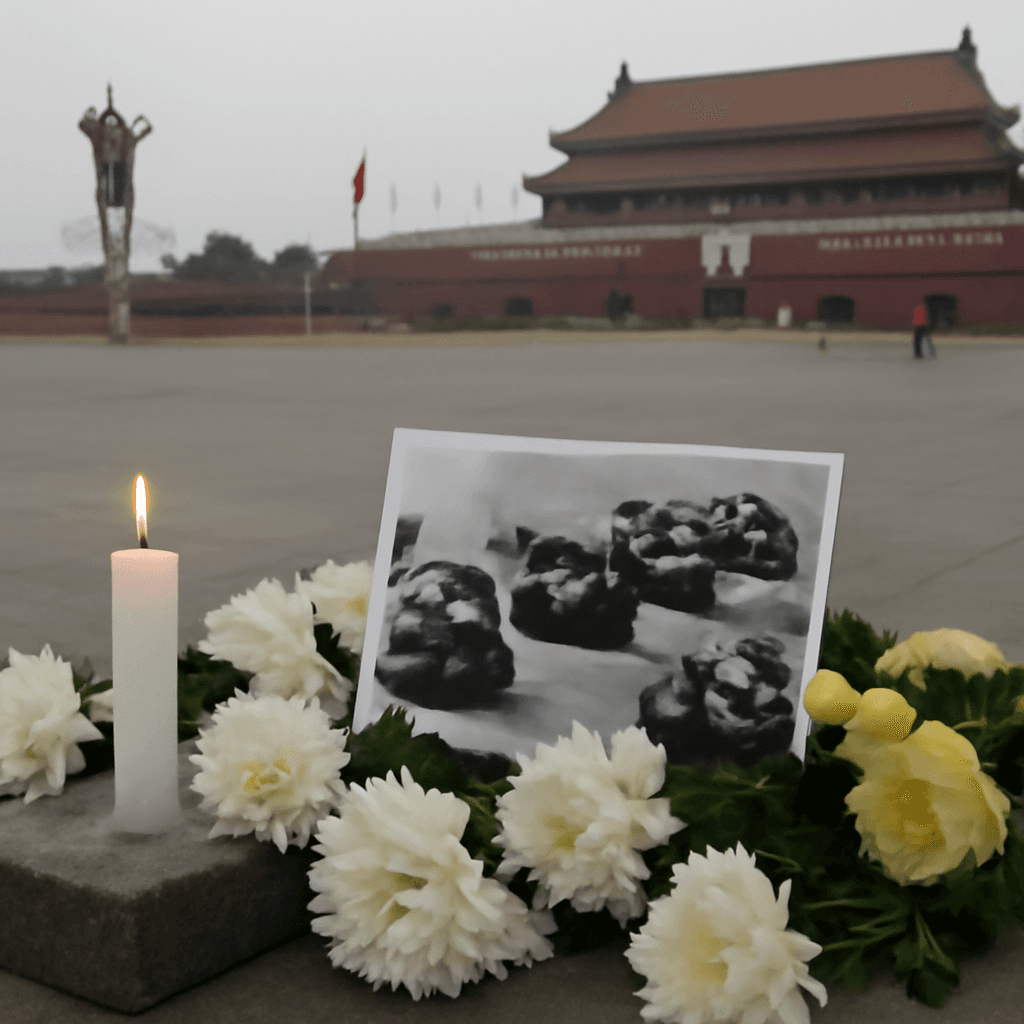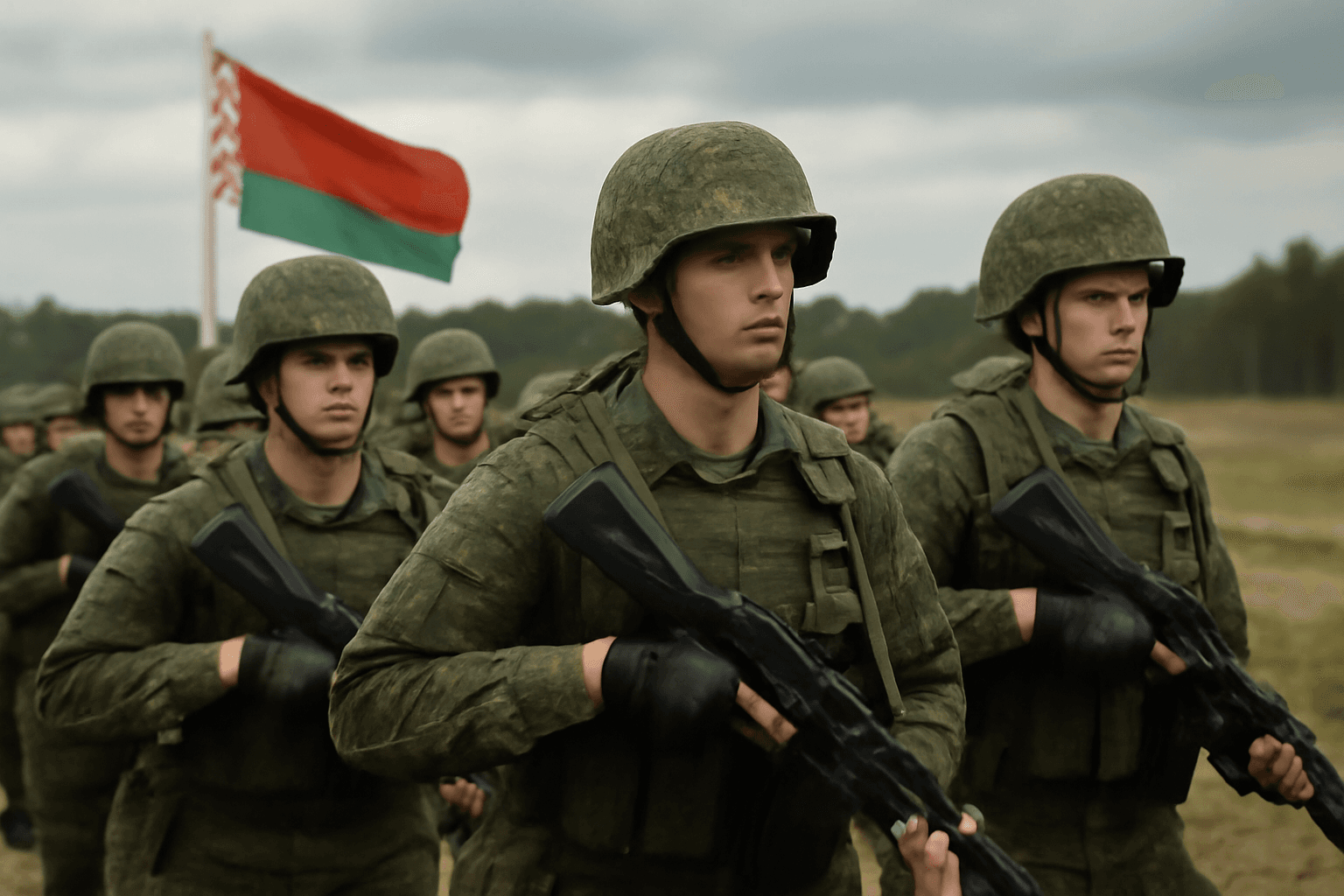In Tehran, a contemporary production of William Shakespeare's King Lear has fused classic theatre with rock music and dynamic visuals to captivate younger Iranian audiences. Directed by acclaimed actress Elika Abdolrazzaghi, this innovative staging incorporates live music from notable British rock band Muse and German industrial metal group Rammstein, complemented by vibrant costumes and striking light displays.
King Lear, originally penned in the early 17th century, explores themes of familial betrayal, power struggles, and the collapse of a kingdom. Abdolrazzaghi explains the need to adapt the play's dense language into more expressive elements such as movement and music to maintain audience engagement. ‘‘Performing the original text without modification might have been overly heavy and less accessible,’’ she noted.
The cast dons richly detailed costumes inspired by 17th-century fashion in bold shades of red, green, and yellow, enhancing the theatrical experience. Reza Yazdani, a prominent figure in Iran's rock scene, performs Persian-language songs live on stage, further bridging cultural and generational gaps.
The production required months of preparation involving approximately 100 participants, with several dozen actors contributing to the ambitious staging. Despite Iran's strict artistic censorship climate, Abdolrazzaghi emphasizes that the authorities impose no specific restrictions on staging foreign plays.
Ahmad Saatchian, the lead actor with over twenty years of theatre experience, highlighted the universal nature of Shakespeare's tragedies, stating, ‘‘King Lear’s themes resonate across cultures and eras, which sustains Shakespeare’s timeless appeal.’’ Particularly relevant to societies like Iran and Eastern Europe, the play's exploration of political and familial turmoil strikes a profound chord.
The climactic act portrays Lear’s tragic clarity and his call for those in power to empathize with the suffering of the oppressed to foster a more just society, a message that remains globally meaningful. Audience members, including a young engineer, praised the production for its compelling performances, innovative design, and ability to maintain engagement throughout its runtime.
This contemporary interpretation of King Lear underlines the ongoing evolution of Iranian theatre and the potential of classical works to connect with modern audiences through creative adaptation.













